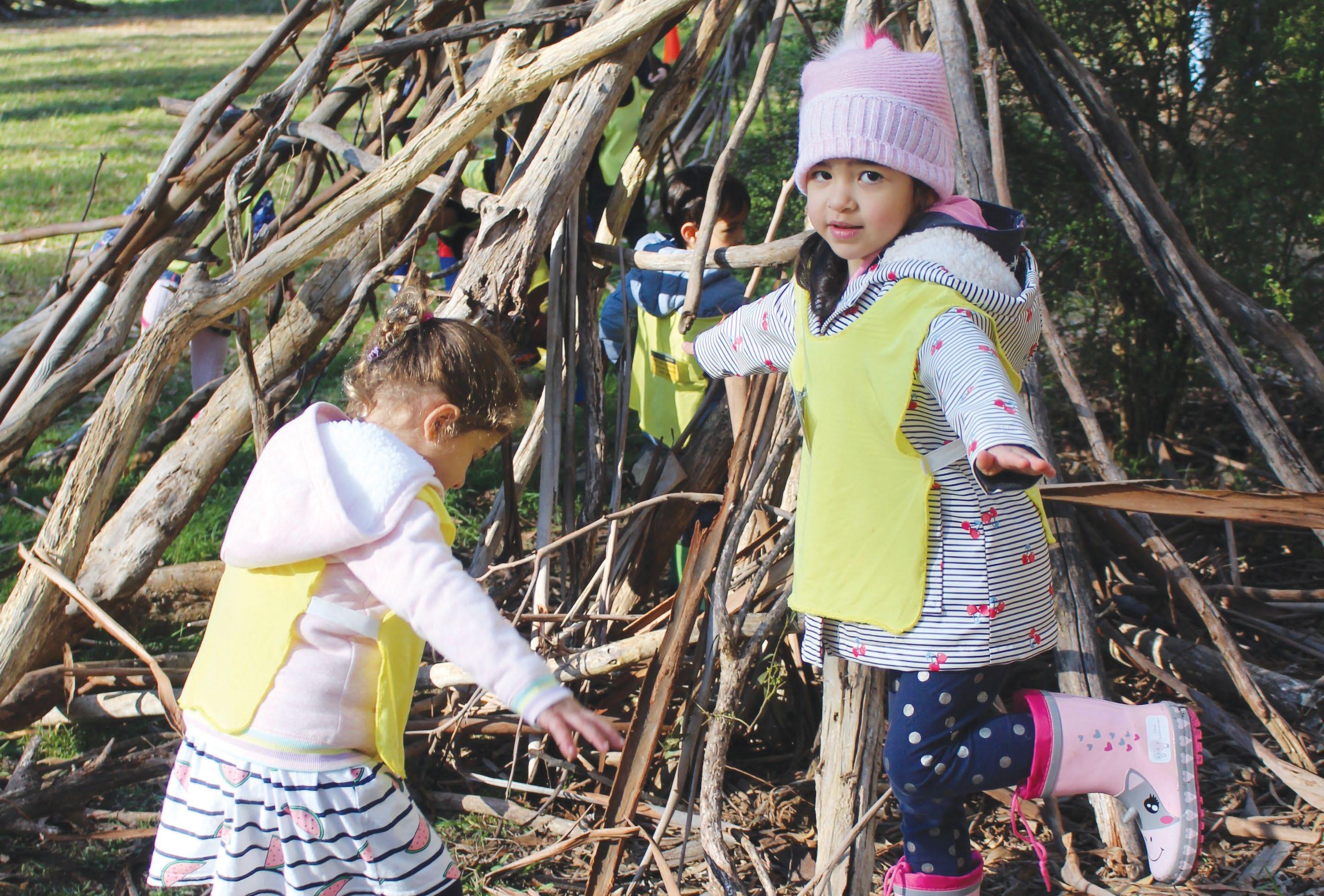Senior School
A good education, a good life, a good society Natalie Charles Head of Senior School
Having a conversation with Helen Penrose, who is in the process of writing Carey’s history for our centenary in 2023, is to take a stroll through the hallowed halls of some of Australia’s most influential independent schools. She explains the special but at times vexed place schools occupy in the hearts and minds of neighbourhoods and nations, which she has learnt through her research into many schools. Indeed, it’s an intriguing experience to hear the historian speak first-hand of the myriad forces that help build schools such as ours and to learn of the enduring issues that have underpinned the educational offering in Australia for nearly two centuries. And all the perennials are present and accountable – from negotiating funding to attracting and retaining quality staff. But of course, schools are not immune to the sociopolitical and historical forces which surround and shape them either, as the biography of Gerard Cramer, Yours Sincerely, G. L. Cramer, makes clear. Recalling some particularly radical and socially turbulent years, it claims he began ‘to realise that he had become headmaster at perhaps the worst time possible. The decade 1965–1975 was a trying period for all those who had to do with schools. Freedoms had come too fast … [and] resulted in expediency and laxity.’ As a consequence, ‘It was, and would be, a bad time for headmasters.’ 32 | Torch
Likewise, according to Ms Penrose, the 1990s brought new challenges for independent schools, including the economic recession which caused a decline in enrolments. Among their responses, schools continued the pattern of corporatisation begun in the 1980s and, as competition grew, specialists in economics, finance and marketing were seen by school leaders as essential partners on the educational journey. Go back even further in time, and the impact on schools are not just national but global. I didn’t know, for instance, that the balance between providing academic outcomes with an education for life had its genesis in the postdepression era of the 1930s, only to grow in urgency after World War II as
people everywhere sought to educate for good citizenship in the aftermath of the horrors. This translated into calls from all over the world to abolish exams in the realisation that knowledge alone hadn’t been enough to save them from themselves. The historical context is everything for those of us in schools trying to prepare our charges for a post-truth world, characterised by the fourth digital revolution, widespread political disengagement, the dissolution of global bases and the rise of artificial intelligence. The 21st century clearly demands a broad and discrete set of employable skills, and our role is to balance what it means to live a good life against what it means for our students


























